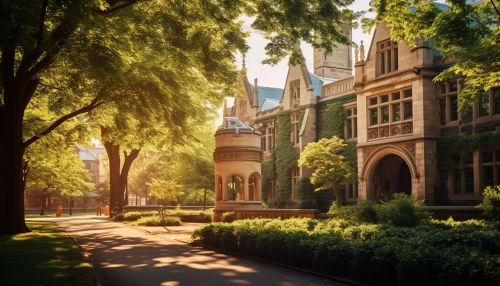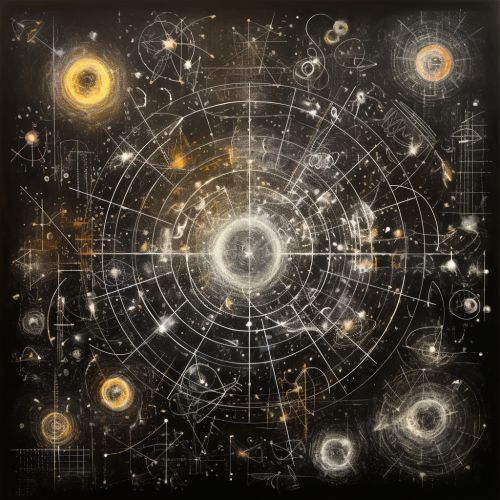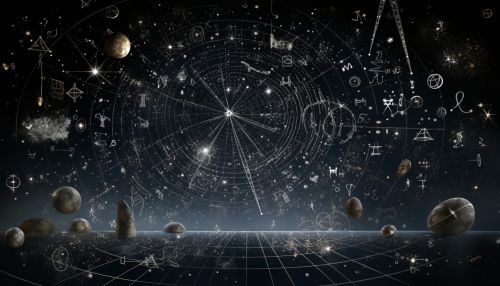Edward Witten
Early Life and Education
Edward Witten was born on August 26, 1951, in Baltimore, Maryland. His father, Louis Witten, was a theoretical physicist specializing in gravitation and general relativity. Witten attended the Park School of Baltimore and later moved to Brandeis University to study history. However, he quickly shifted his focus to mathematics and physics.
In 1971, Witten transferred to Princeton University, where he earned his Bachelor of Arts in Physics. He then pursued graduate studies at Princeton, earning his Ph.D. in Physics in 1976. His doctoral thesis, titled "Some Problems in the Short Distance Analysis of Gauge Theories," was supervised by David Gross, a Nobel laureate in Physics.


Career and Research
Witten started his academic career as a Junior Fellow at Harvard University. In 1980, he became a professor of physics at Princeton University. He moved to the Institute for Advanced Study in 1987, where he currently holds the position of Charles Simonyi Professor.
Witten's research has been primarily in the field of string theory, where he has made numerous significant contributions. His work on topological quantum field theory and the introduction of topological invariants of smooth manifolds has been particularly influential. He also introduced M-theory, a unifying theory for different string theories.
In addition to his work on string theory, Witten has contributed to the development of supersymmetry, quantum gravity, and quantum field theory. His research has often bridged the gap between physics and mathematics, leading to the discovery of new and profound mathematical theorems.
Contributions to Physics and Mathematics
Witten's work has had a profound impact on both physics and mathematics. He has been recognized as a leading figure in the development of string theory, particularly for his introduction of M-theory. His work in this area has led to important advancements in our understanding of quantum gravity and the fundamental structure of matter and space-time.
In mathematics, Witten's work has led to significant developments in several areas. His work on topological quantum field theory has led to the introduction of new invariants for smooth manifolds, known as Witten classes. His work has also led to advancements in the understanding of knot theory, supersymmetric quantum mechanics, and Morse theory.


Honors and Awards
Witten has received numerous awards and honors for his contributions to physics and mathematics. In 1985, he was awarded the Fields Medal, often regarded as the highest honor in mathematics. He is the only physicist to have won this award. In 1990, he received the Dirac Medal for his contributions to theoretical physics. Witten was also awarded the Nobel Prize in Physics in 1990 for his work on string theory.
In addition to these, Witten has received the National Medal of Science, the Pythagoras Award, and the Isaac Newton Medal. He is a member of the National Academy of Sciences and the American Academy of Arts and Sciences.
Personal Life
Witten is married to physicist and mathematician Chiara Nappi. They have two children, Ilana and Daniela, who are both involved in academia. Witten is known for his love of outdoor activities, particularly hiking and bird watching.
